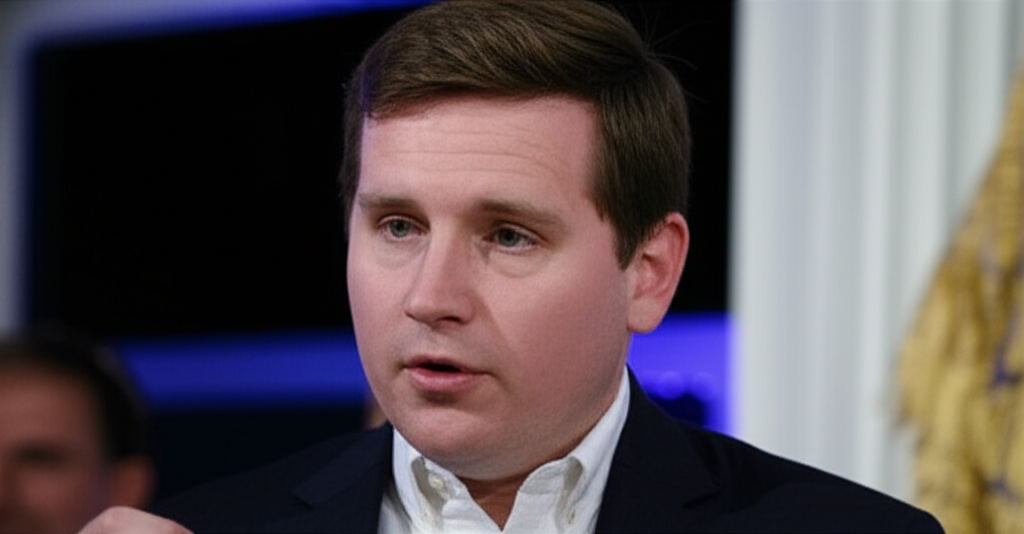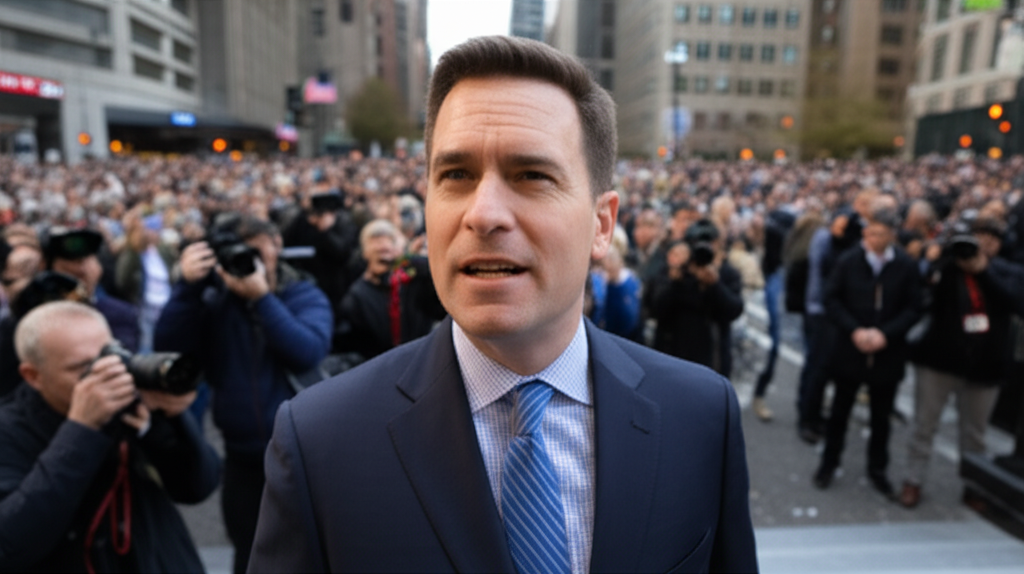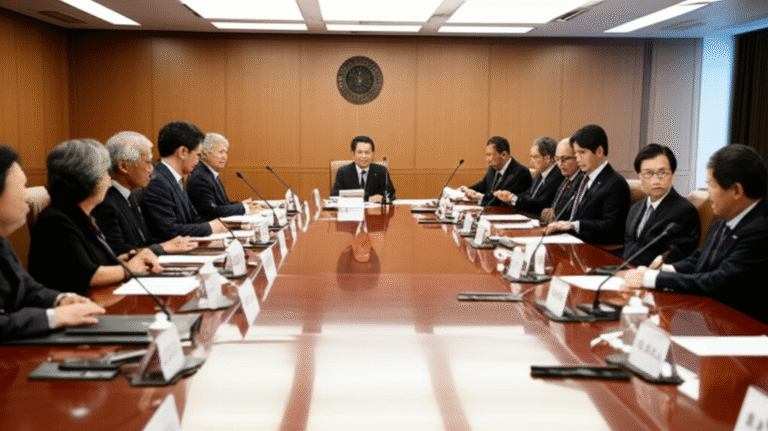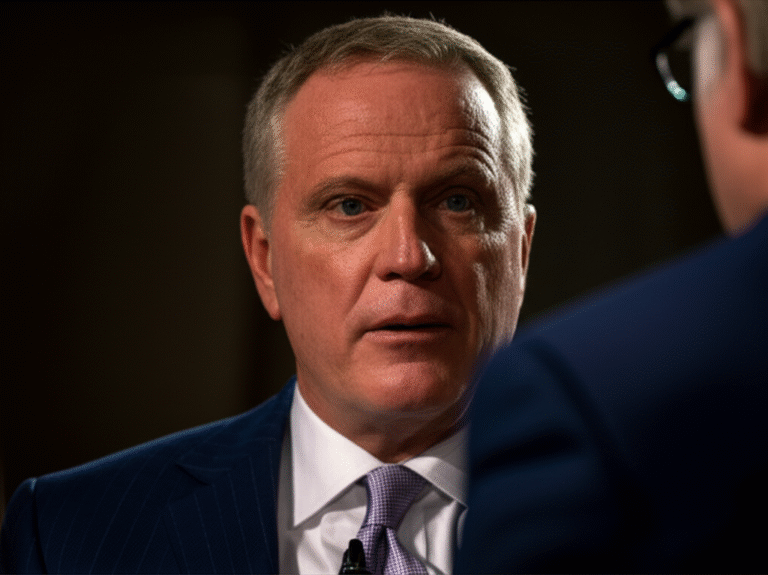
A letter to the editor published in Chico has brought renewed attention to the public statements and legacy of Charlie Kirk, focusing on a series of controversial remarks attributed to him. The letter, authored by John Burge, reflects on Kirk’s influence and rhetoric, specifically citing comments made on “The Charlie Kirk Show” regarding race, feminism, and American civil rights history. These statements, the letter suggests, stand in contrast to what the author describes as the unifying messages of other political figures and raise concerns about the future of political discourse and social cohesion. The commentary provides a lens through which to examine the impact of Kirk’s public persona, particularly on his large following of young men, and considers the political aftermath following his death.

The letter serves as a compilation of specific instances of rhetoric that the author found divisive. By cataloging these quotes, Burge frames an argument about the nature of Kirk’s influence and the ideology he promoted. The concerns expressed touch upon fundamental issues of equality, historical interpretation, and the responsibilities of public figures. The author’s perspective underscores a deep-seated worry about the direction of political dialogue and its potential consequences for democratic norms, race relations, and equal opportunity in the United States. This examination of Kirk’s past words is presented as a crucial exercise in understanding the current political climate and the forces shaping it.
Remarks on Race and Professional Qualifications
One of the central examples provided in the letter concerns a statement Charlie Kirk allegedly made about aviation professionals. According to the text, during a broadcast of “The Charlie Kirk Show” on January 23, 2023, Kirk commented on his potential reaction to seeing a pilot of a specific race. The quote attributed to him is: “If I see a black pilot, I’m going to be like boy, I hope he’s qualified.” This remark is presented by the letter’s author as a key piece of evidence in an argument about Kirk’s views on race. The statement directly links race to a question of professional competence, a connection that the letter implies is rooted in prejudice.
The author, John Burge, includes this quote to illustrate a pattern of what he terms “racism.” The concern appears to be that such a statement, broadcast to a large audience, could reinforce harmful stereotypes and undermine the principles of equal opportunity. The letter suggests that questioning the qualifications of an individual based on their race is a divisive act that contributes to a negative social climate. This specific example is used not as an isolated incident, but as part of a larger collection of statements that, taken together, are argued to have had a detrimental effect on public discourse, particularly concerning race relations in the country.
Commentary on Feminism and Gender Roles
The letter also highlights Charlie Kirk’s public remarks regarding gender roles, citing a specific comment directed at singer Taylor Swift. The statement was reportedly made during the August 26, 2025, episode of “The Charlie Kirk Show,” in the context of discussing news about Swift’s engagement to Travis Kelce. The quote attributed to Kirk is: “Reject feminism. Submit to your husband, Taylor. You’re not in charge.” This direct address to a prominent female public figure is presented in the letter as an example of what the author labels “misogyny.” The language used, particularly the words “submit” and “you’re not in charge,” is framed as an explicit rejection of modern gender equality and an endorsement of traditionalist, hierarchical relationship structures.
By including this example, the author points to Kirk’s influence on social issues beyond race. The advice to “reject feminism” is positioned as a direct challenge to a major social and political movement focused on gender equality. The letter implies that such rhetoric, especially when directed at a celebrity with a vast following, serves to promote outdated and harmful views on the role of women in society and in their personal relationships. This comment is grouped with his other statements to build a case that Kirk’s platform was used to disseminate ideologies that the author finds damaging to the progress of both racial and gender equality. The author’s perspective is that these views were not peripheral but central to the message Kirk delivered to his audience.
Views on American Civil Rights History
Perhaps the most forceful points raised in the letter relate to comments attributed to Charlie Kirk concerning key figures and legislation of the Civil Rights Movement. According to the author, Kirk described Martin Luther King Jr. as “awful” and “not a good person.” This characterization of the iconic civil rights leader is presented as a profound misreading of history and a dismissal of his legacy. The letter suggests that this view is part of a broader ideological stance that is critical of the movement Dr. King led and the societal changes it brought about. This perspective is further solidified by another quote the letter attributes to Kirk regarding the legislative achievements of that era.

Kirk is quoted as saying that the passage of landmark federal laws in the 1960s was a significant error. The letter presents his words on the matter as follows:
“We made a huge mistake when we passed the civil rights acts of the 1960s.”
This statement is framed by the letter’s author as a direct assault on the legal foundations of modern American equality and anti-discrimination principles. For the author, this rhetoric is not merely a political opinion but a rejection of decades of progress toward a more just society. The letter posits that these views on civil rights history are central to understanding Kirk’s overall ideology and its potential negative impact on the future of equal opportunity and democracy.
- A statement questioning the qualifications of black pilots.
- Advice to Taylor Swift to “reject feminism” and “submit to your husband.”
- Characterizations of Martin Luther King Jr. as “awful” and “not a good person.”
- A description of the 1960s civil rights acts as a “huge mistake.”
Background
The context for these remarks, as provided by the source material, is “The Charlie Kirk Show,” a platform from which Kirk addressed a significant audience. The letter specifies the dates for two of the broadcasts as January 23, 2023, and August 26, 2025, linking the statements to specific moments in time. The author of the letter, John Burge, emphasizes that Kirk had a “huge following, especially young men,” raising questions about his role as a “positive mentor” for the youth. The author contrasts Kirk with political figures he views as “non-divisive,” such as John F. Kennedy, Robert F. Kennedy Sr., and Barack Obama, whose memories he states “bring a smile on my face.” This comparison is used to create a sharp distinction between what the author considers to be unifying leadership versus the divisive rhetoric he attributes to Kirk.
The collection of quotes forms the basis of the author’s argument that Kirk consistently promoted views that were harmful. The themes of racism and misogyny are explicitly named in the letter, alongside a general concern for the health of American democracy and race relations. The letter functions as a reflection on Kirk’s legacy, using his own words as the primary evidence for its critical assessment. The central thrust of the background provided is that these were not off-the-cuff remarks but part of a consistent ideological project broadcast to a large and impressionable audience over a period of years.
What’s Next

Looking forward, the letter’s author expresses a pessimistic view of the future. A central concern is that following his death, Charlie Kirk has become a “martyr” for his followers. The author predicts that this status will lead his political allies and supporters to “double down on all his racism, misogyny, and hate.” This, the author warns, “bodes ill for the future of race relations, equal opportunity for all, and democracy.” The letter suggests that instead of his ideas being repudiated, they will become more entrenched and defended as a result of his death, potentially leading to deeper societal divisions. The author sees a direct line between the rhetoric highlighted and a potential decline in social and political stability.
Furthermore, the letter notes an immediate political reaction to Kirk’s death, stating that “Trump and his minions immediately blamed progressives, liberals and Democrats for his death.” This attribution of blame is presented as another example of the divisive political tactics that the author fears will only intensify. The letter concludes with a statement of political exasperation, with the author writing, “I don’t see a way out of this mess until Trump and is ideology are gone from politics.” This final thought ties the specific concerns about Kirk’s legacy directly to a broader political context, suggesting that the issues raised are part of a larger ideological struggle within the American political landscape. The author’s outlook is one of deep concern, positing that a resolution to these divisions is not imminent. [Source]






